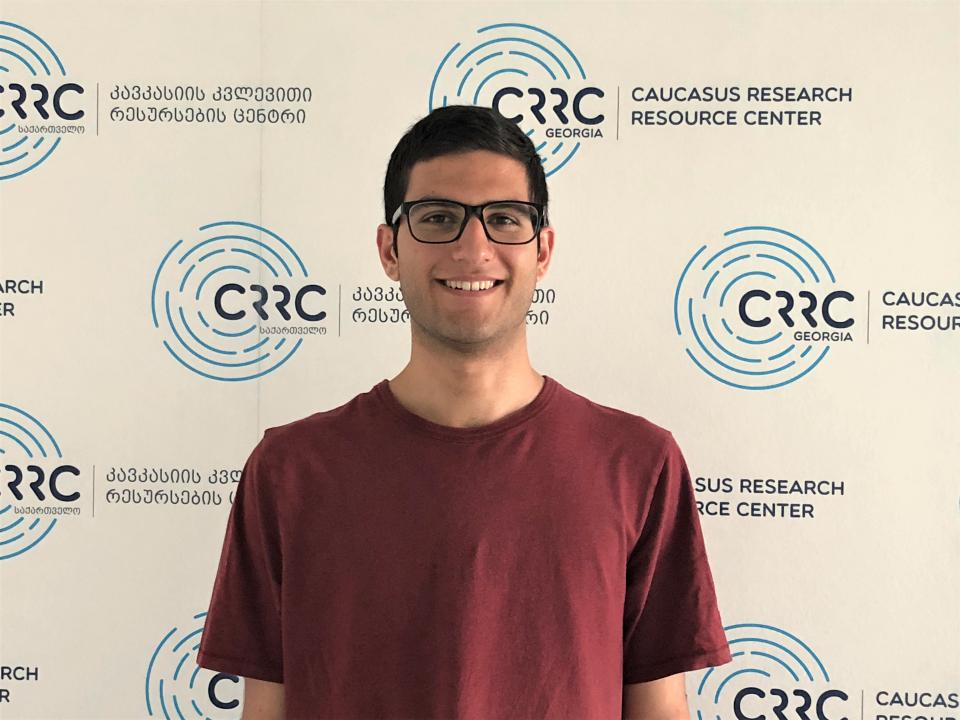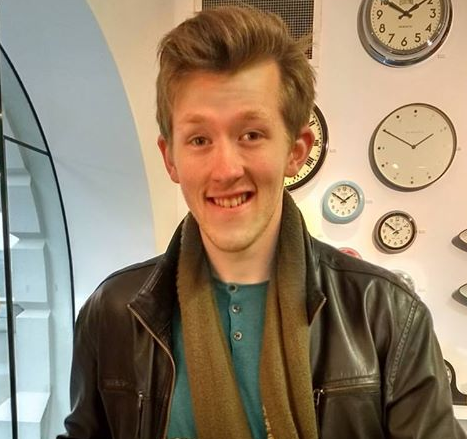
Athanasios Kipouros
Thanasi is currently an M.A. candidate in European, Russian, and Eurasian Affairs at the University of Toronto. He holds a B.A. in Political Science, also from the University of Toronto, and has previously worked as a research assistant at the Hellenic Institute for European and Foreign Policy.
Currently, his work focuses on infrastructure development in the Balkans and the Caucasus. Specifically, he is spending the second year of his Master’s program examining the future outlook and complications of mass transportation and rail infrastructure development in the regions.



